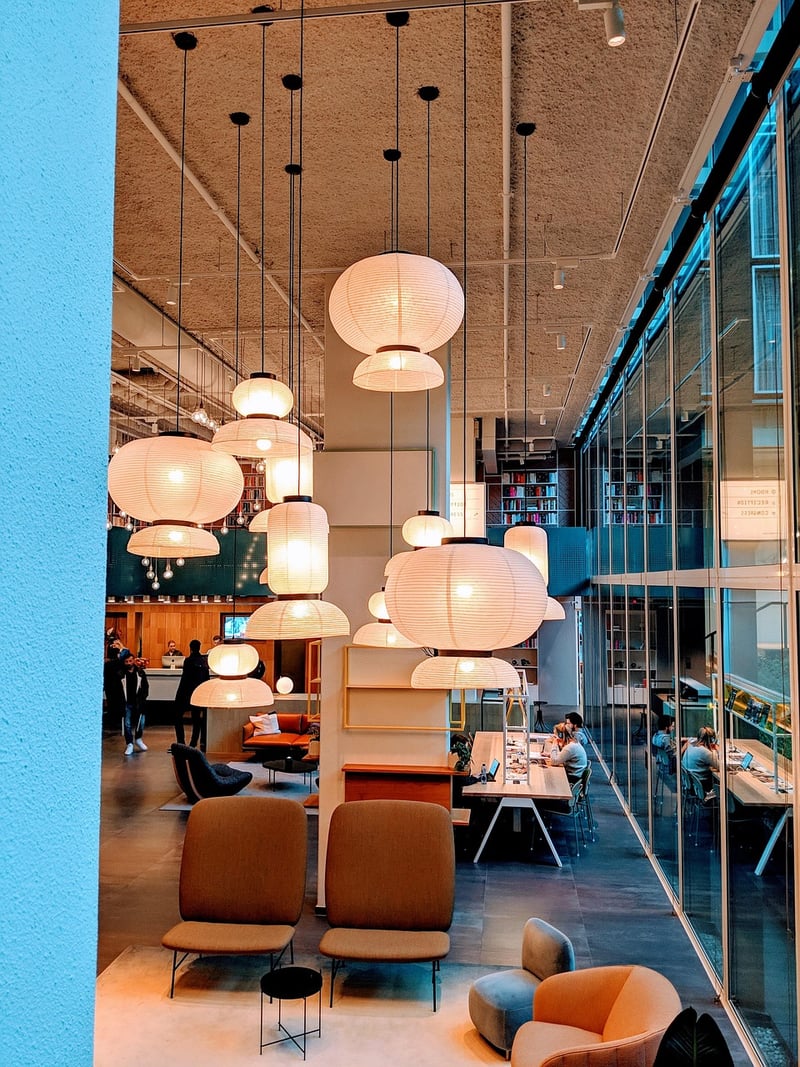Space Optimization
The Art of Creative Layout and Space Optimization
When it comes to designing a space, whether it's a room in your home, an office, or a public area, creative layout and space optimization are key elements that can make a significant difference in the functionality and aesthetics of the space. By carefully considering how you arrange furniture, utilize storage solutions, and incorporate design elements, you can create a space that is not only visually appealing but also efficient and practical.
1. Understanding the Space
Before you start planning the layout of a space, it's essential to understand its purpose and the needs of the people who will be using it. Consider factors such as traffic flow, natural light, and the activities that will take place in the space.
2. Furniture Arrangement
Choosing the right furniture and arranging it properly can have a significant impact on the functionality of a space. Consider the scale of the furniture in relation to the size of the room, and ensure that there is enough space for people to move around comfortably.

3. Storage Solutions
Effective storage solutions are essential for maximizing space and reducing clutter. Consider using multi-functional furniture, wall-mounted shelves, and hidden storage options to keep the space organized and visually appealing.

4. Design Elements
Integrating design elements such as lighting, color schemes, and textures can enhance the overall look and feel of a space. Consider using mirrors to create the illusion of more space, incorporating plants for a touch of nature, and choosing a cohesive color palette to create a harmonious environment.

5. Flexibility and Adaptability
Finally, when designing a space, consider its flexibility and adaptability to accommodate different needs and functions. Choose furniture that can be easily rearranged, incorporate modular elements that can be adjusted, and leave room for personalization to create a space that can evolve over time.
By applying these principles of creative layout and space optimization, you can transform any space into a functional, visually appealing environment that meets the needs of its users.
Remember, the key is to think outside the box, experiment with different arrangements, and always keep the end user in mind to create a space that is both practical and inviting.
